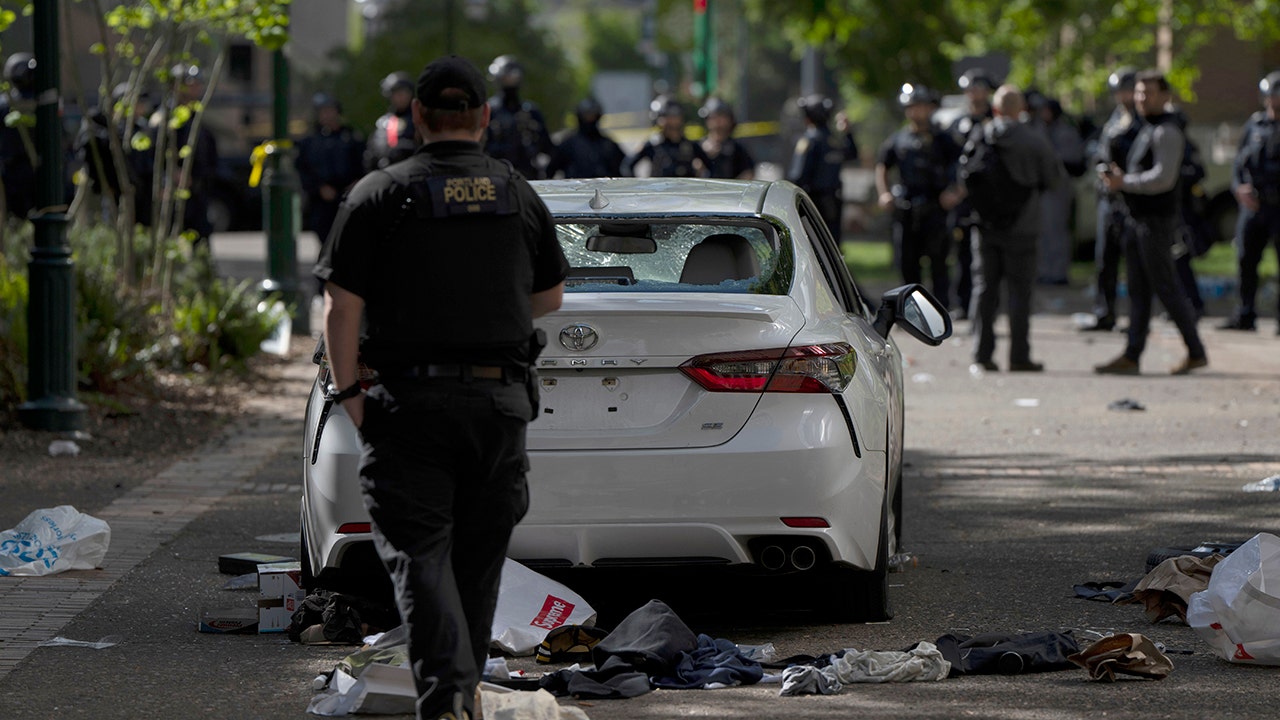For those who see the situation through this lens, the conflict in Ukraine must not be allowed to become the equivalent of Ferdinand’s killing, the starting pistol of a world war. They speak in a pacifist tone: Attention, step by step we are heading toward a global, maybe even nuclear, conflict — even if no one actually wants it. The conclusion for them is simple. For fear of alarming Russia into an irreversible escalation, Ukraine’s military ambitions must be restrained and diplomatic negotiations sought.
These Sarajevo glasses seem to be worn most prominently in Germany. Since February 2022 Chancellor Olaf Scholz has strenuously made the case for supporting Ukraine, and his country is one of the most important exporters of material aid and weapons to Ukraine. Yet at the same time, with every new delivery, he repeatedly warns: At some point one drone, one plane may be too many. His emphasis is always on caution and the aim, ultimately, to find some sort of negotiated settlement. On the streets of Berlin during the recent European elections, posters bearing Mr. Scholz’s image promised to “ensure peace.”
Others wear an entirely different pair of glasses — call them Munich ones. Their historical point of reference comes from 1938, when Adolf Hitler demanded a part of Czechoslovakia and the European powers, in the spirit of appeasement, agreed to it. The annexation was meant to satisfy the appetites of the Third Reich, and so avoid a repeat of the Great War. But appeasement came at the expense of other countries, as Eastern and Central Europeans will tell you.
It also, on its own terms, failed. Appeasement collapsed like a house of cards with Germany’s attack on Poland in 1939, leading the rest of Europe and eventually the globe to World War II. This is exactly what Mr. Tusk seeks to avoid. In this view, naïve decisions result only in more victims and suffering, in more cities — Warsaw then, Mariupol today — burned and bombed to the ground. The mistake of appeasement must not be repeated, they argue. No concessions should be made to Hitler’s modern-day counterpart.
Apart from Ukraine itself and Poland, these glasses are worn by countries in the surrounding region: Finland, the Baltic States, Romania, Moldova. President Emmanuel Macron of France seems to have changed from Sarajevo to Munich glasses over the past two years. An initial advocate of negotiations and diplomacy, he recently gave a speech sounding the alarm over the threat from Russia. “Europe can die,” Mr. Macron warned in a strikingly Eastern European tone. The weakening of his authority, after the recent election, could disrupt this view.






